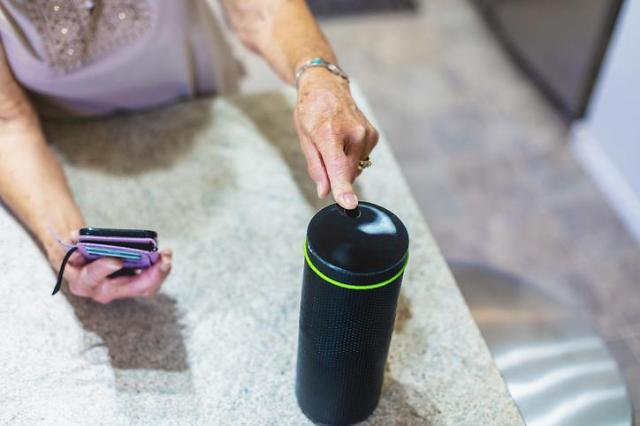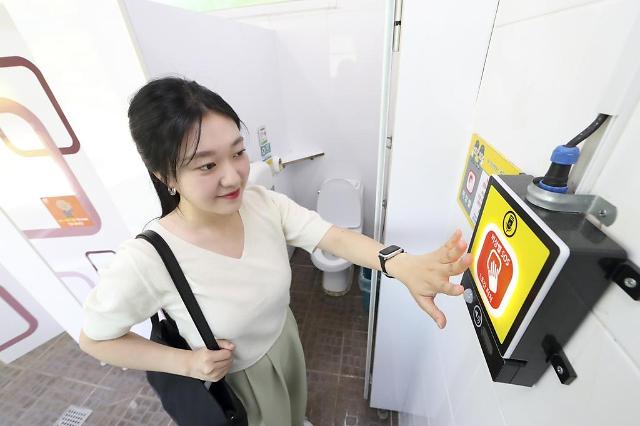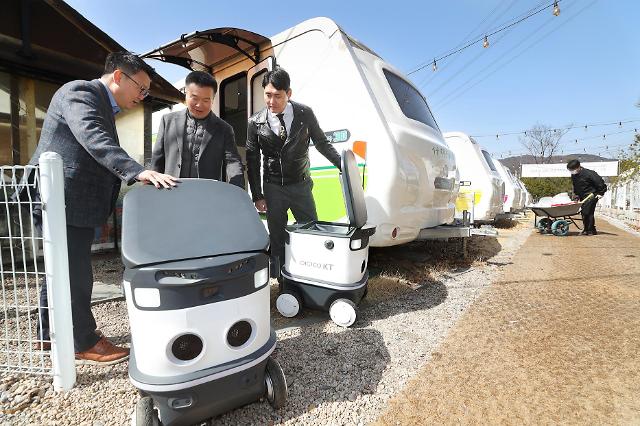
[Gettyimages Bank]
Smart AI speakers are very common at homes and offices in South Korea. They are widely being used as a tool for personal monitoring and care services. There were about four million AI voice assistant speakers in South Korea as of 2019.
KT said in a statement that the company will use smart speakers and internet of things (IoT) sensors to prevent lonely deaths and help old people control emotions in the southern city of Gwangju. Smart speakers will help elderlies communicate and make emergency calls using voices while IoT sensors will detect the movement of doors. The telecom company would distribute speakers to some 500 households by the end of 2022.
The care service will be interlinked to KT's voice call center and an emergency call center to provide immediate help whenever needed. The telecom company said AI speakers can understand voice messages spoken in a heavy accent while most smart speakers find it hard to understand commands spoken in different dialects.
The number of single-person households in South Korea is rapidly increasing. According to the National Statistical Office, the number of people who are more than 65 years old and live alone in South Korea stood at 1.59 million in 2020. Of 2,536 people who died alone in 2019. 43 percent were over 65.
KT teamed up with the Korea Advanced Institute of Science & Technology (KAIST), a prominent state research institute, in April to develop a care service system that incorporates AI, big data, and information communication technology.

![[MWC 24] KT partners with Amazon to co-develop generative AI and mobile services for enterprises](https://image.ajunews.com/content/image/2024/02/29/20240229160755568058.jpg)

